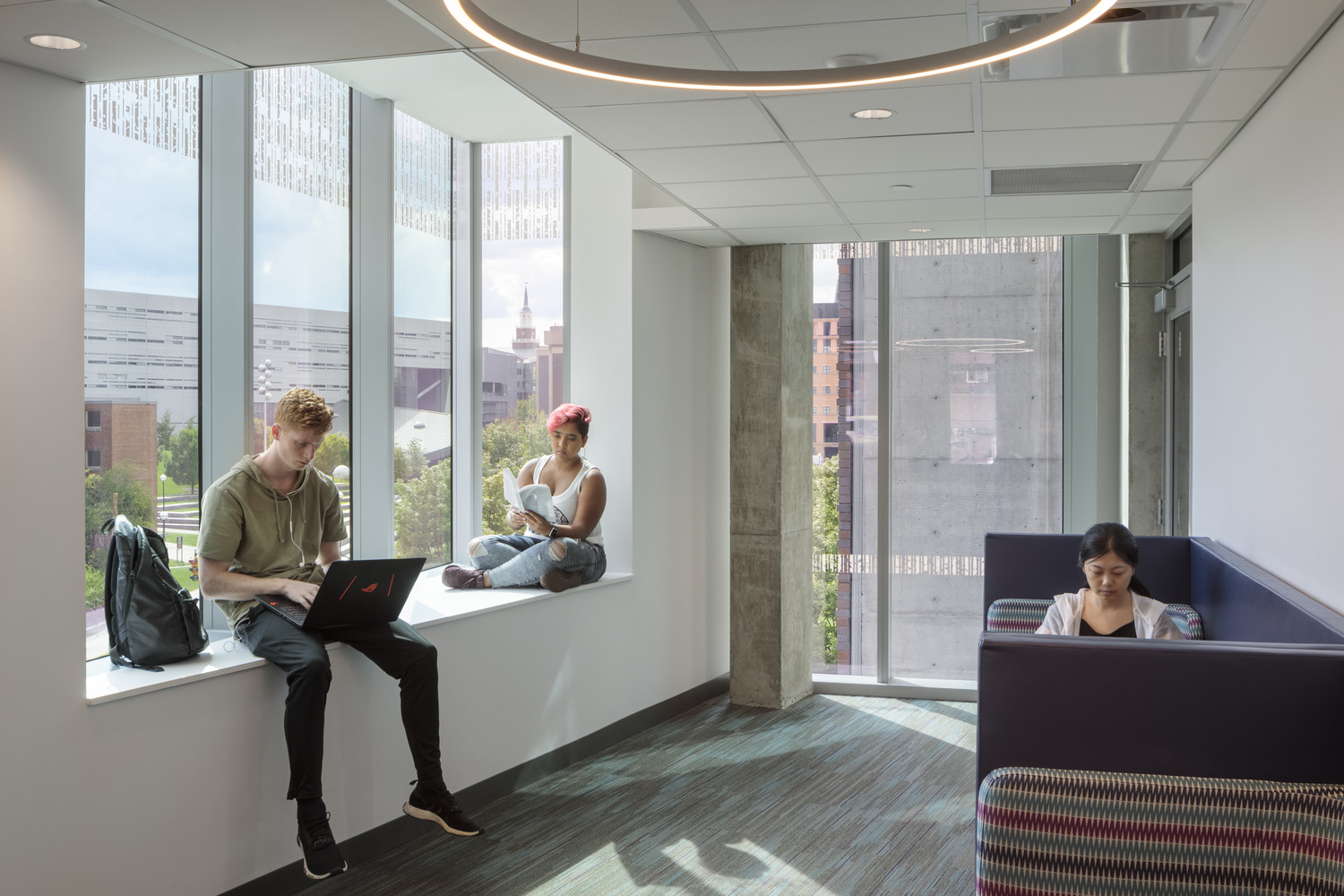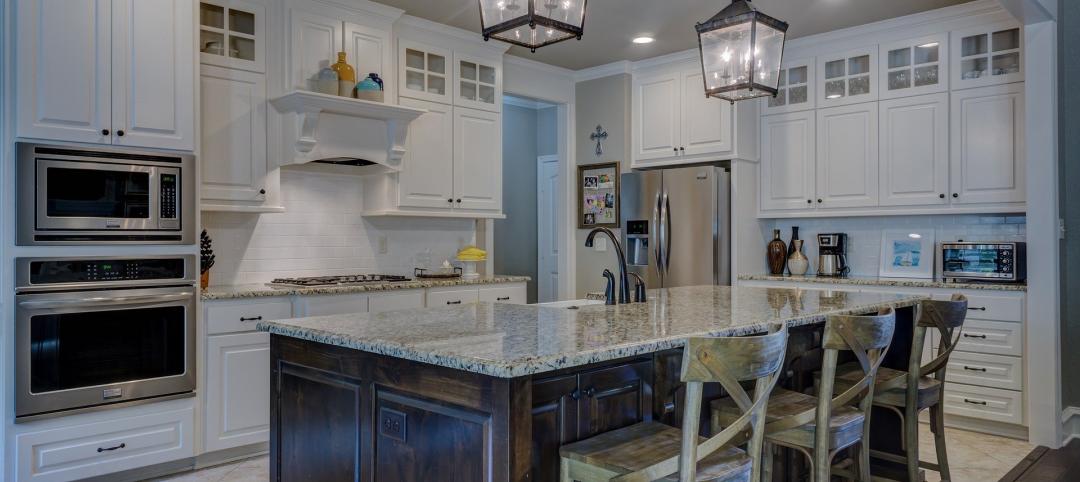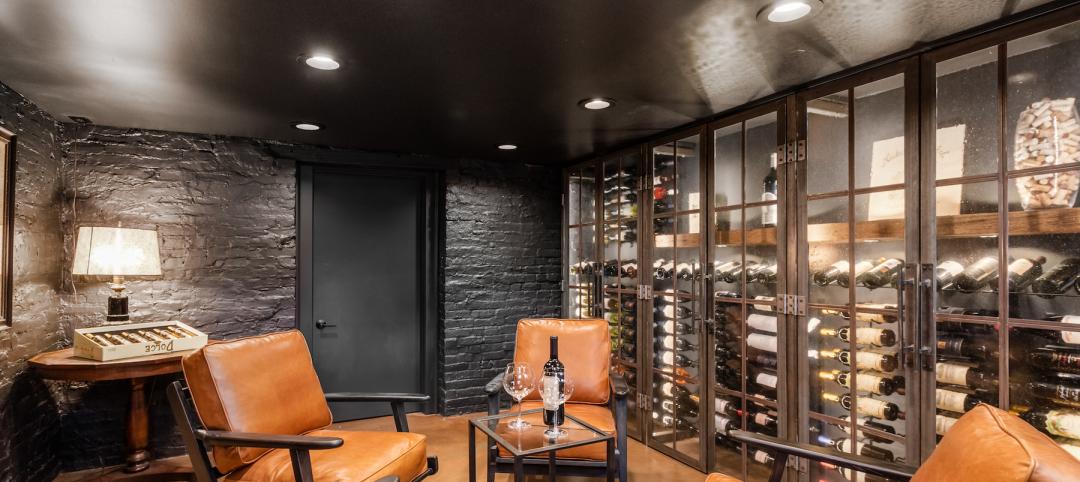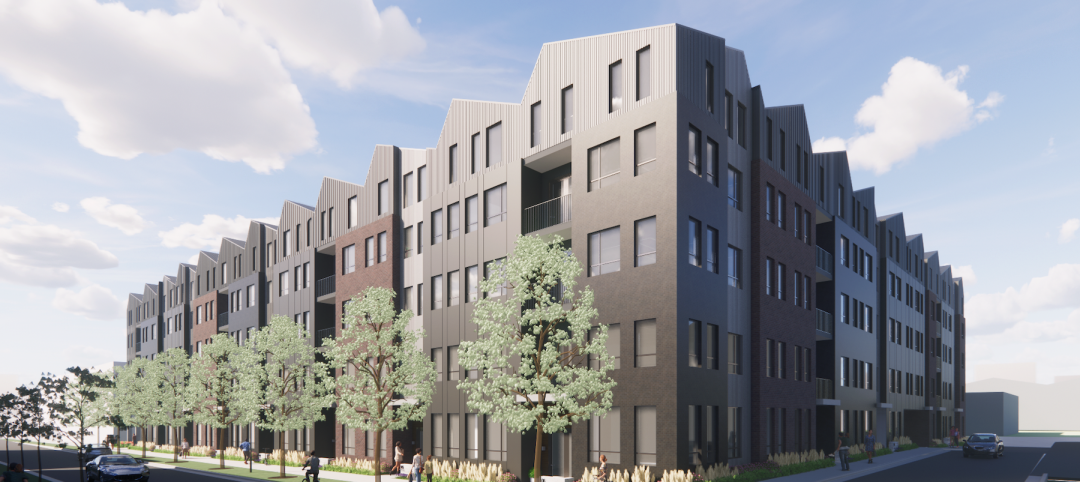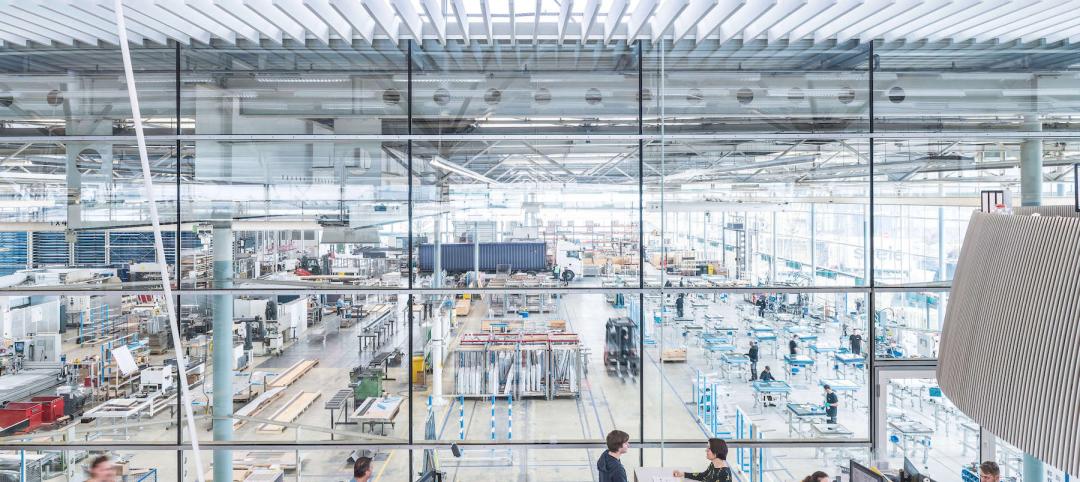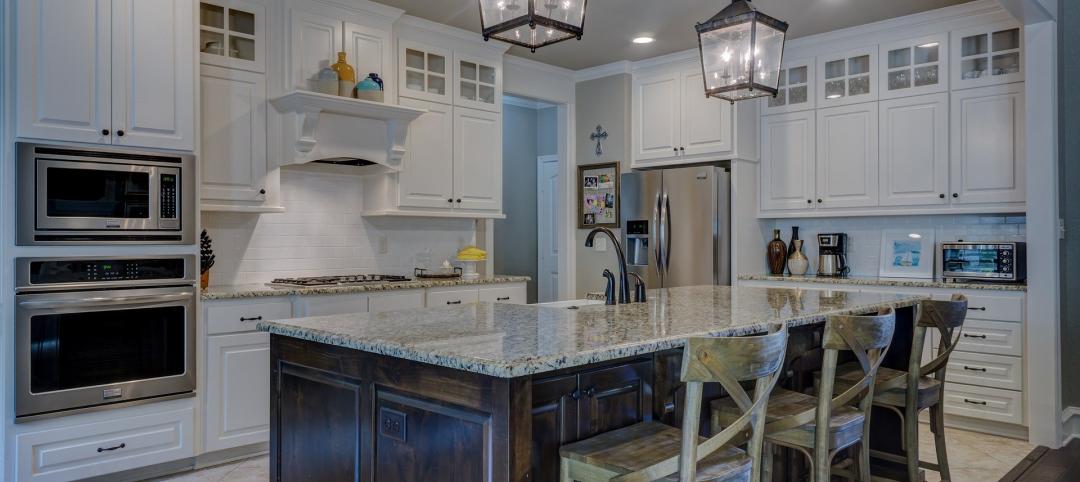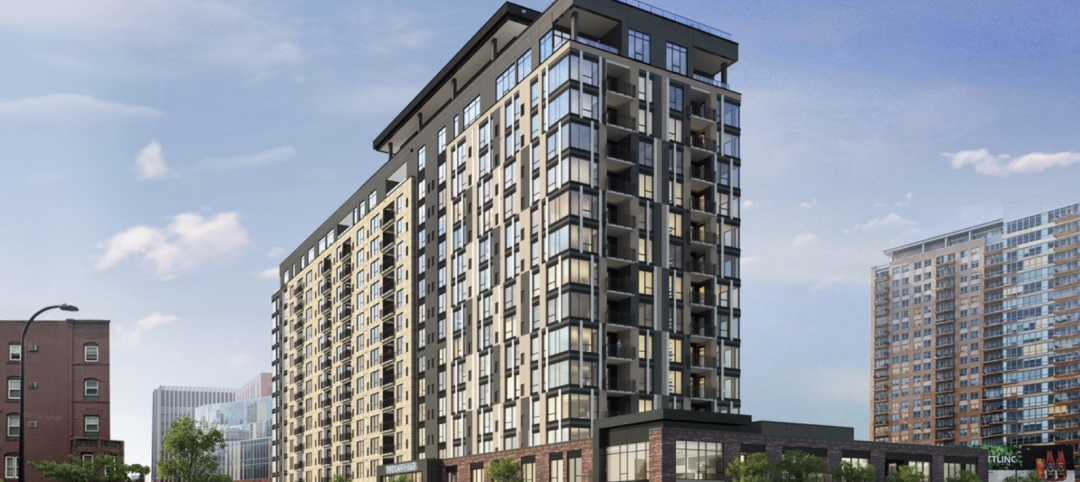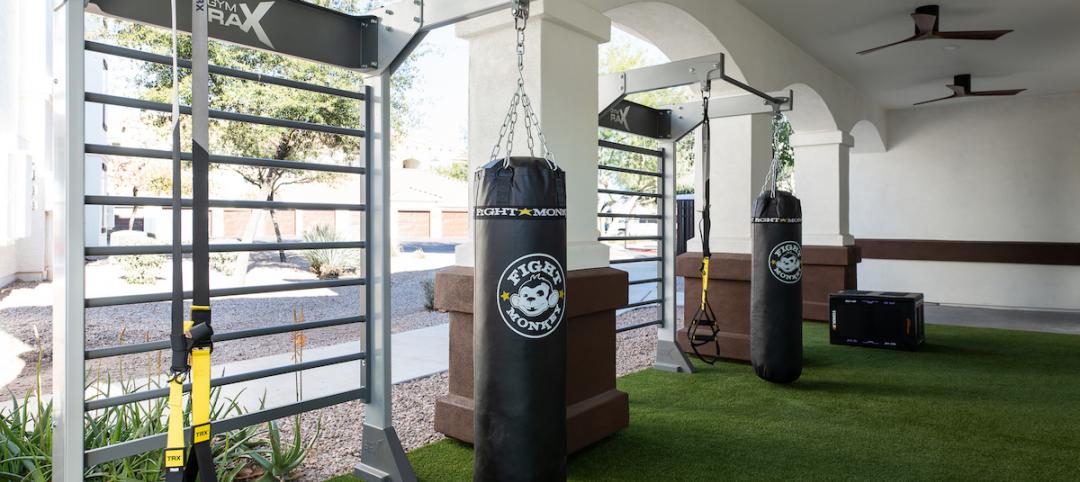The first of the Gen Z students are now freshman and sophomores in college. Soon, they will replace Millennials on campus completely. When it comes to Gen Z, no website, brochure, or campus tour can compete with the power of social media; they have never known a world without it—it’s where they live, learn, promote, slam, etc.
When it comes to the design and space planning of your residence life program, the quality of the space you create will be reflected—good or bad—in the social media feeds of your students. Gen Zs may show up for a campus tour, but their opinion will be shaped by searching the #nameofyourhall to see what their digital peers are saying about it. Inspiring positive posts starts with creating positive spaces for these students to Gather, Bond, Play, Rejuvenate, and simply, Be. It starts with providing spaces that enhance the college experience and empower your students’ personal growth and success.
Sharing IRL/In Real Life (Bond/Be)
Private space for Gen Z often fits within the dimensions of whatever screen they’re using. Even within social groups, this generation will retreat into their phones for a little private down time before rejoining the conversation going on around them. Social media for them is both public (in the way it amplifies their ideas and connects them to peers) and intensely private (every parent of a teen has experienced the way the phone gets turned down or the laptop lid quickly closed when we walk into a teen’s space). Zs may be having an intensely personal text conversation in the most public of spaces; they’re blurring the lines of what happens in public/private.
Video (Gather/Be/Play)
When Zs want to learn how to do something (make slime, write cover letters, create Insta Stories, or use Excel), they turn to video platforms like YouTube or Twitch. If designed correctly, space can accommodate video for group activity (gaming vs. ‘the big game’); group learning (beaming in a subject matter expert for a small group session or watching past lectures) and quiet, focused learning. Designers and Residence Life Programmers need to recognize this key difference between Millennials and Gen Z and start incorporating spaces to support these activities.
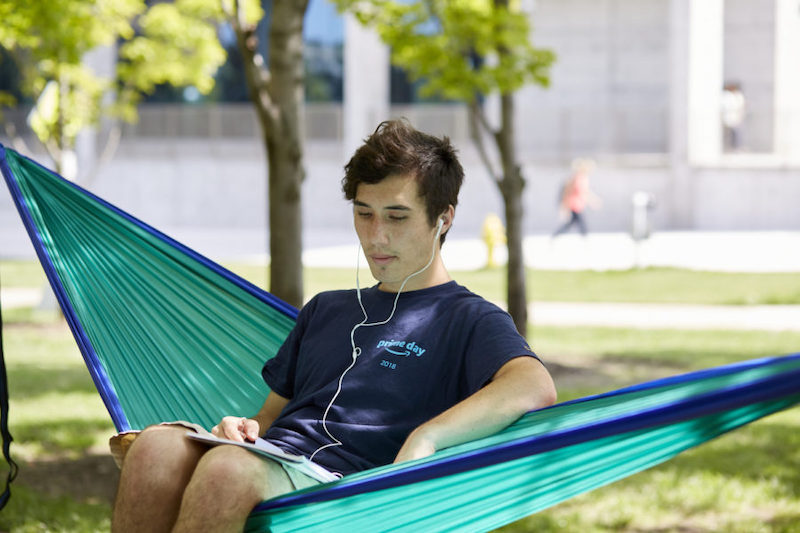
Entrepreneurial spirit (Bond/Play)
What if the prior generations’ tech leaders didn’t have to leave their universities to create their start-ups? Colleges and universities should consider providing spaces that empower students to play with their ideas, taking them from inspiration to prototype to digital marketplace quickly. Gen Zs (and ahem, their Gen X parents) have watched the cost of college continue to rise. Luxury amenities in new and renovated residence halls do not resonate with Zs or their parents, but given Z’s entrepreneurial spirit, a makerspace will (incubator spaces or pop-up business spaces might as well). Well-designed student housing can provide Gen Z with space for both living and launching.
Smart Sleep (Rejuvenate/Be)
While Gen Zs are clocking more zzz’s than previous generations they are also facing a growing burnout epidemic across industries. Space must address their needs to tune-out and turn-off. Sleeping rooms must be designed to foster a quiet place to promote relaxation and sleep. This could be as simple as blackout shades or as complex as increased noise insulation and higher NRC windows on urban campuses. These elements must be considered and custom-tailored to your university’s unique situation.
Conclusion
Just when you thought you had Millennials figured out, Gen Z shows up on your campus. Are you monitoring hashtags related to your university and residence halls? Does your next student tour have a potential social media influencer on it? It would be a mistake to consider the physical space of your residence life program as mere backdrop for selfie scrolling Gen Zs. Updating those 70s era halls requires more than surface polish—it requires understanding Gen Z’s unique preferences, expectations, and ways of communicating. The impact is great and long lasting: the real-life connections forged in your campus housing will become the digital connections that last a lifetime. Providing space for students to Gather, Bond, Play, Be, and Rejuvenate empowers them to positively connect their peers IRL and online.
Related Stories
Multifamily Housing | May 11, 2022
Kitchen+Bath AMENITIES – Take the survey for a chance at a $50 gift card
MULTIFAMILY DESIGN + CONSTRUCTION is conducting a research study on the use of kitchen and bath products in the $106 billion multifamily construction sector.
Sponsored | BD+C University Course | May 10, 2022
6 steps to designing a modern wine display
Design-focused wine displays are becoming increasingly popular in amazing residential and commercial properties throughout the world. Top design/build professionals are using stylish wine racks and other premium materials to create wine cellars that are too beautiful to hide in out-of-the-way places like dusty basements. This course explains why wine cellars have become so popular and the key aspects of designing an appealing modern wine cellar, broken into six planning steps that should be considered during pre- or early-construction phases.
Multifamily Housing | May 10, 2022
Multifamily rents up 14.3% in 2022
The average U.S. asking rent for multifamily housing increased $15 in April to an all-time high of $1,659, according to Yardi Matrix.
Sponsored | Multifamily Housing | May 8, 2022
Choosing the right paver system for rooftop amenity spaces
This AIA course by Hoffmann Architects offers best practices for choosing the right paver system for rooftop amenity spaces in multifamily buildings.
Building Team | May 6, 2022
Atlanta’s largest adaptive reuse project features cross laminated timber
Global real estate investment and management firm Jamestown recently started construction on more than 700,000 sf of new live, work, and shop space at Ponce City Market.
Multifamily Housing | May 5, 2022
An Austin firm touts design and communal spaces in its student housing projects
Rhode Partners has multiple towers in various development stages.
Sponsored | BD+C University Course | May 3, 2022
For glass openings, how big is too big?
Advances in glazing materials and glass building systems offer a seemingly unlimited horizon for not only glass performance, but also for the size and extent of these light, transparent forms. Both for enclosures and for indoor environments, novel products and assemblies allow for more glass and less opaque structure—often in places that previously limited their use.
Multifamily Housing | May 3, 2022
Call for Kitchen+Bath projects and products – for next issue of "MULTIFAMILY Design+Construction" (no charge to participate!)
Multifamily AEC firms and developers and product manufacturers can submit Kitchen+Bath projects and products – for the next issue of "MULTIFAMILY Design+Construction."
Multifamily Housing | May 1, 2022
Kraus-Anderson helps fill void in tight Twin Cities housing market
One project just came online, and another apartment building should be completed this summer.
Multifamily Housing | Apr 26, 2022
Fitness centers for multifamily housing: Advice from 'Dr. Fitness,' Karl Smith
In this episode for HorizonTV, Cortland's Karl Smith shares best practices for designing, siting, and operating fitness centers in apartment communities.


